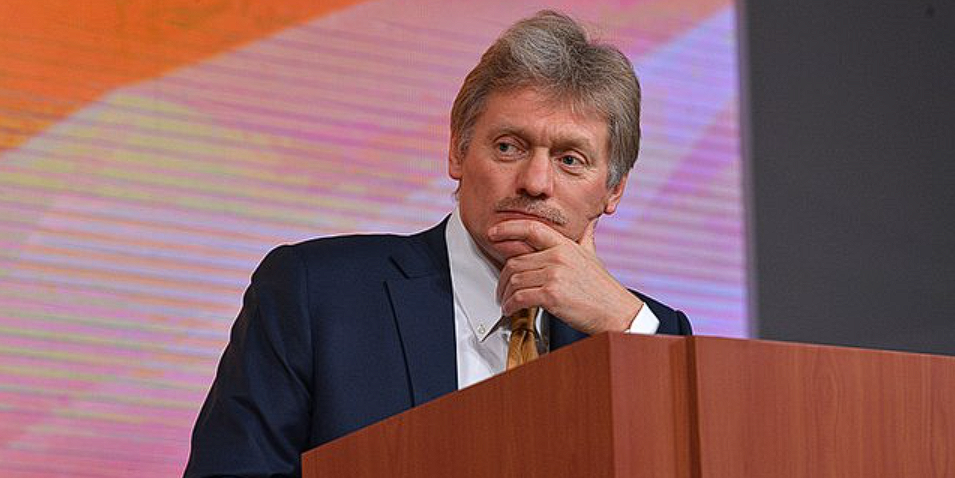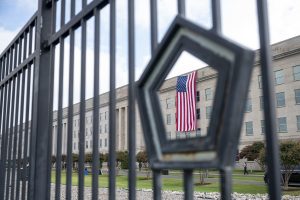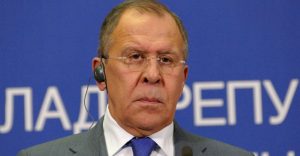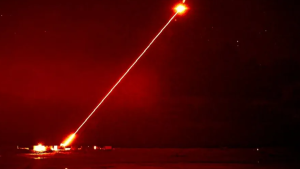As the U.S. contemplates seizing Russian assets, Kremlin warns of severe repercussions for America’s global reputation.
Others are reading now
Kremlin spokesperson Dmitry Peskov has expressed concerns over the potential repercussions for the United States if it proceeds with the confiscation of frozen Russian assets. The move, seen as a significant escalation in economic sanctions, could ostensibly damage the global image of the U.S., according to Russian officials.
A Blow to Investor Confidence?
“The confiscation of our assets will undoubtedly inflict irreparable harm on the image of the United States. It could force many investors to safeguard their funds as the inviolability of private, and even state-owned property, is violated,” Peskov remarked, as reported by TASS.
This statement came in response to recent developments in the U.S. Congress, where the lower house approved the REPO Act. This legislation allows the Biden administration to seize a portion of the $300 billion in Russian sovereign assets that were frozen in the U.S. prior to Russia’s invasion of Ukraine.
Only about $6 billion of these reserves are held in the U.S., with the bulk of the funds located in Europe.
Also read
Escalating Measures and Moscow’s Retaliation
Peskov further warned that Russia would take countermeasures if the U.S. proceeded with the confiscation. “America will have to answer for this. There will hardly be any temporary restrictions, and we will act in the best interest of our country,” he stated.
These developments reflect heightened diplomatic strain as the U.S. continues to ramp up its support for Ukraine amid ongoing conflicts. The U.S. House of Representatives has also approved an additional $61 billion in aid for Ukraine, a measure that is now heading to the Senate for fast-track approval.
While the U.S. actions are bold, Europe remains cautious. Approximately $200 billion of Russian assets are frozen in Europe, with EU authorities initiating mechanisms to seize profits from these sanctioned reserves rather than the assets themselves.








